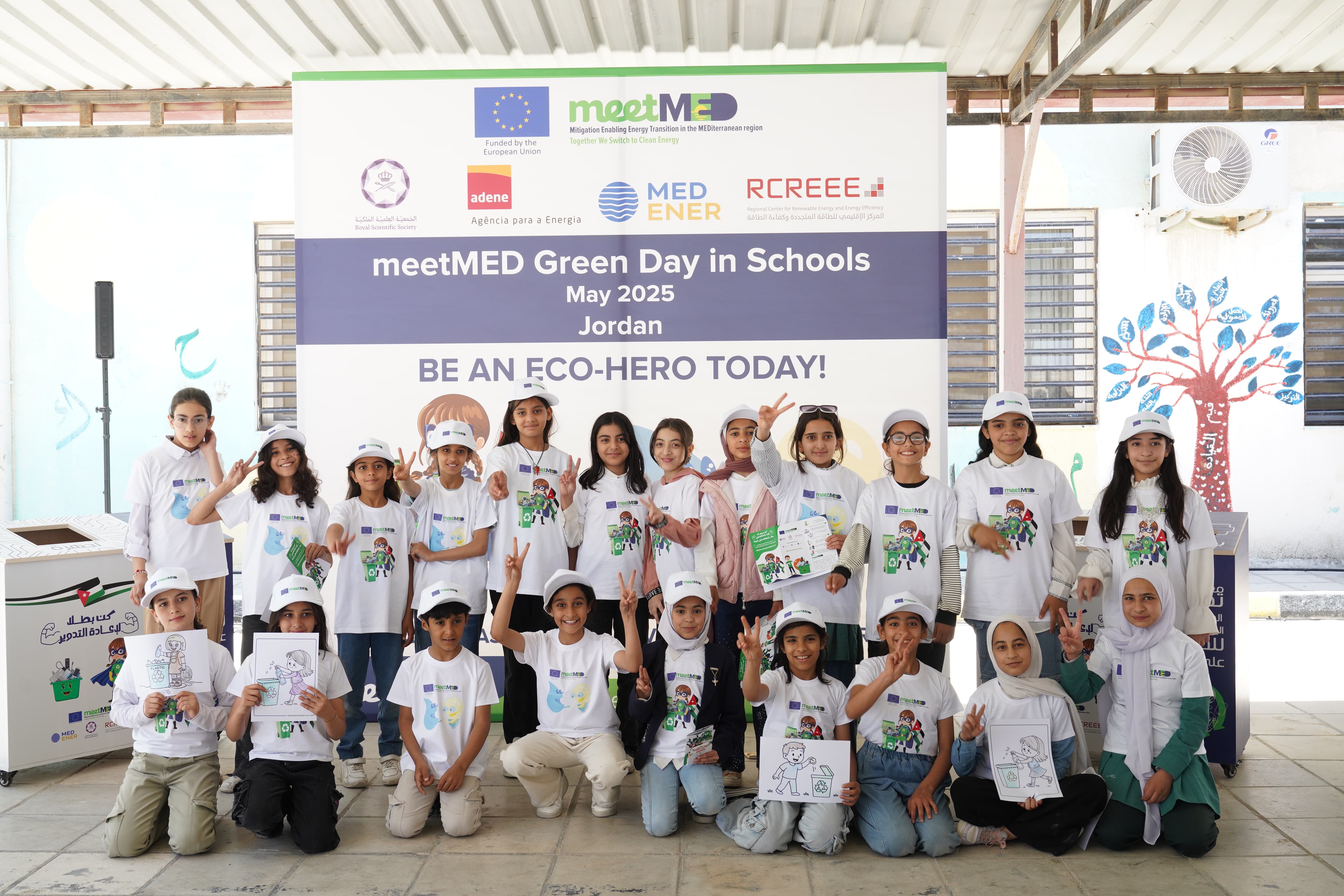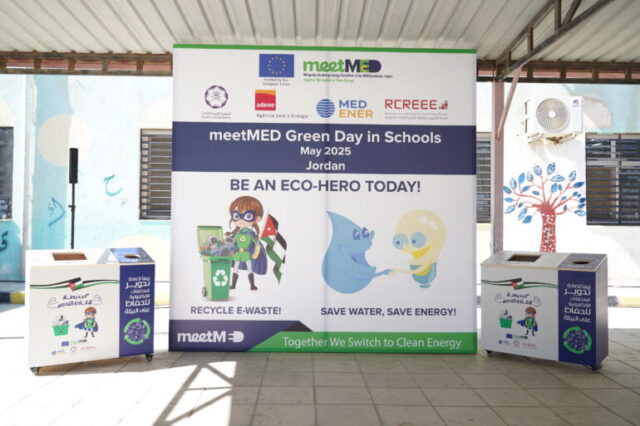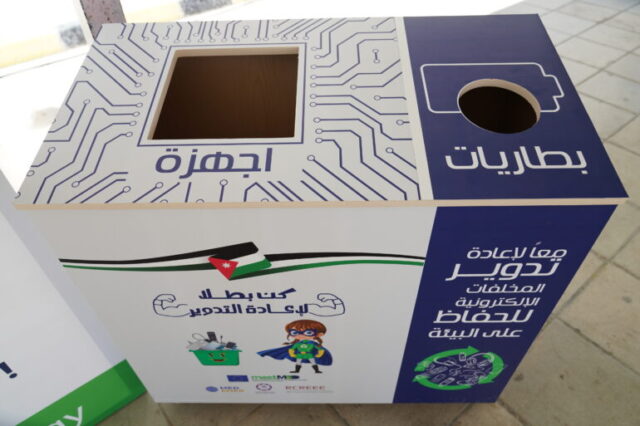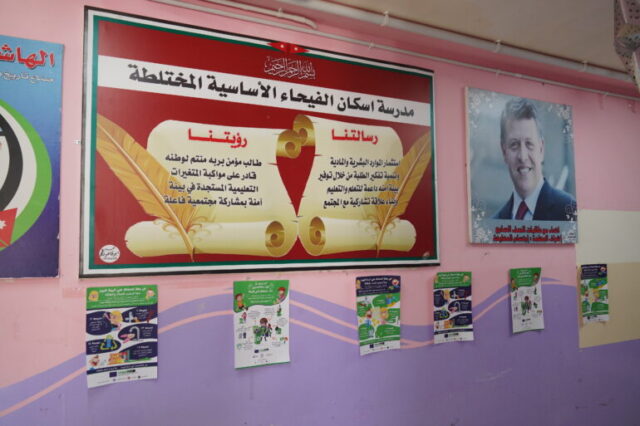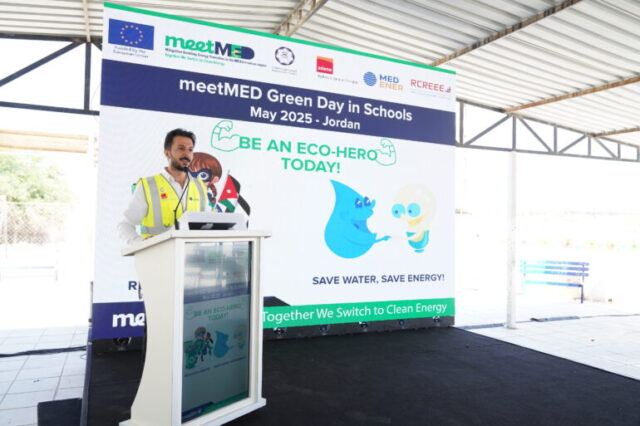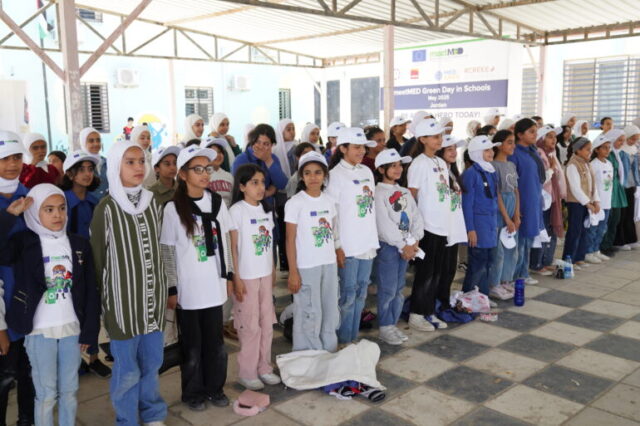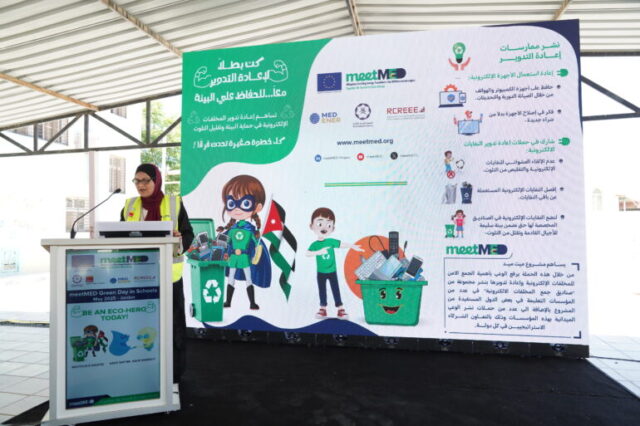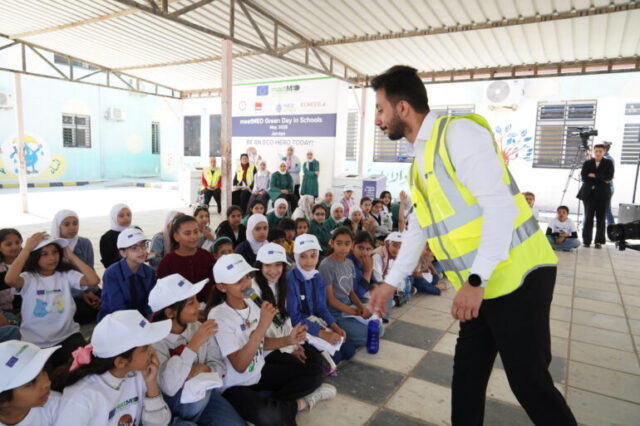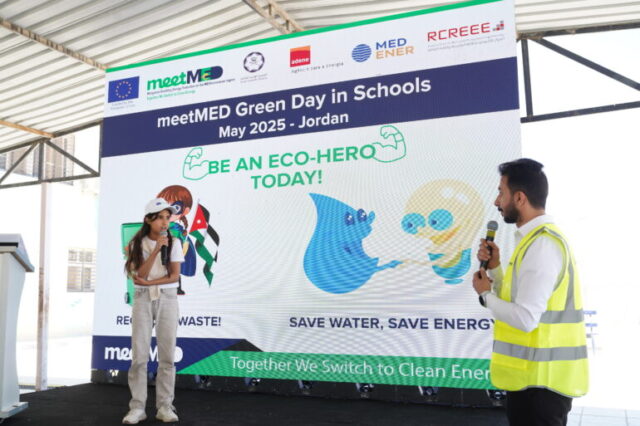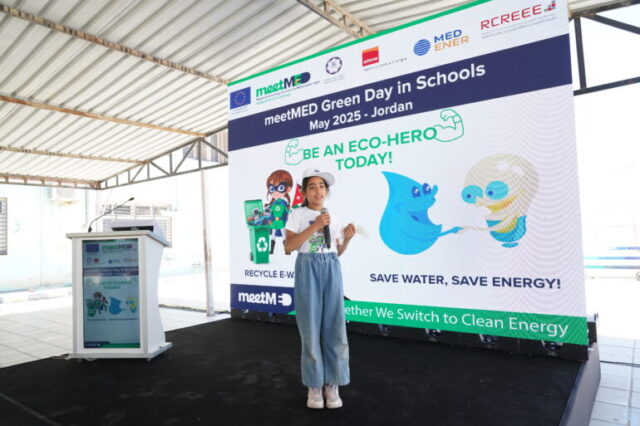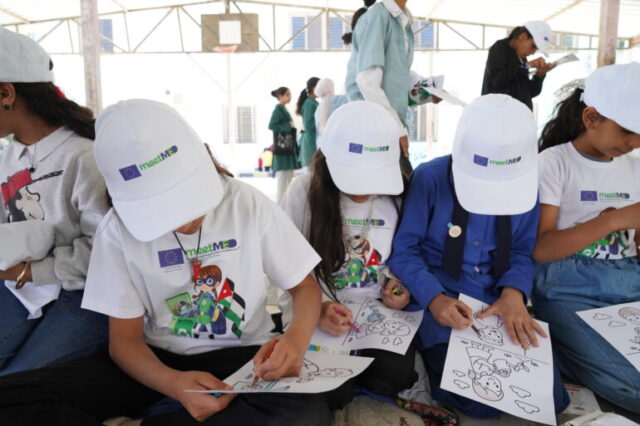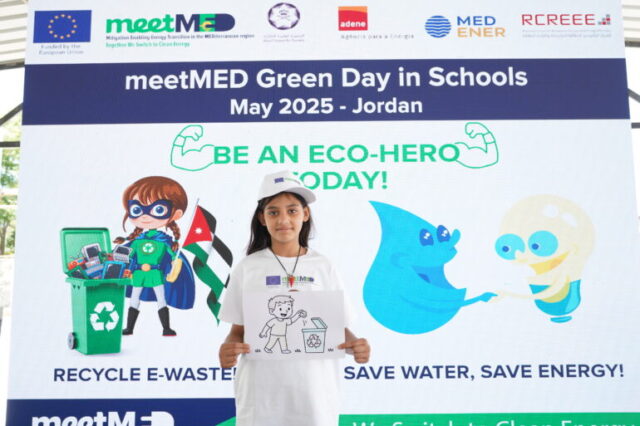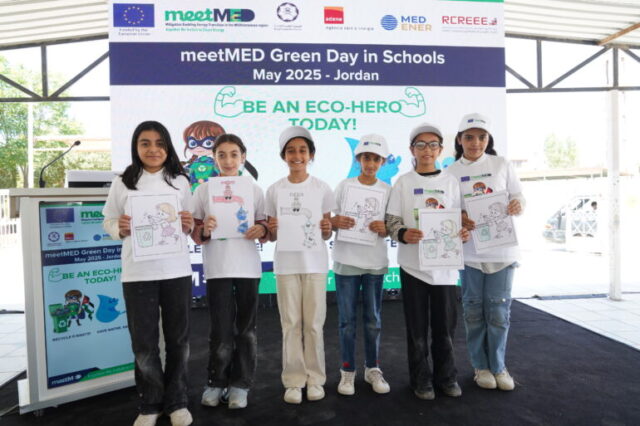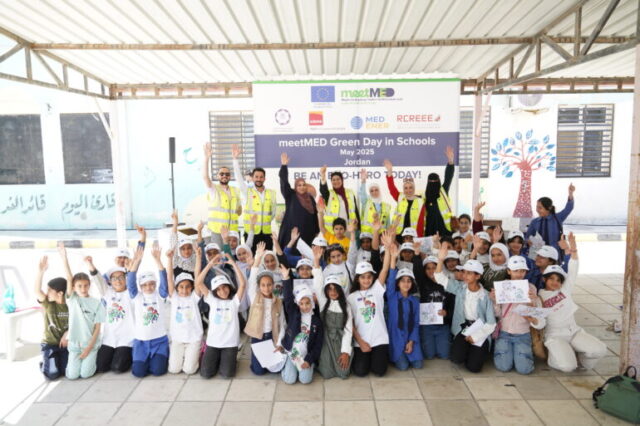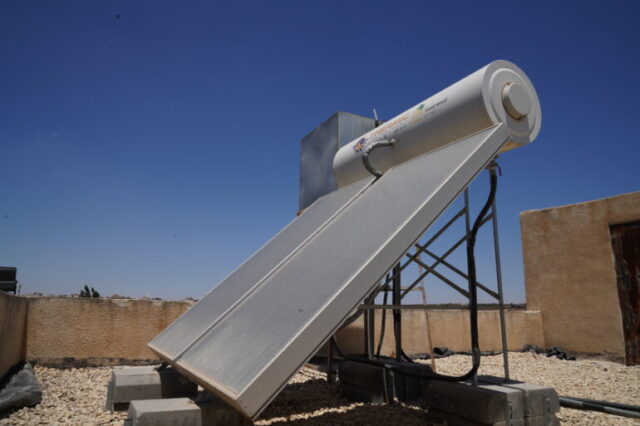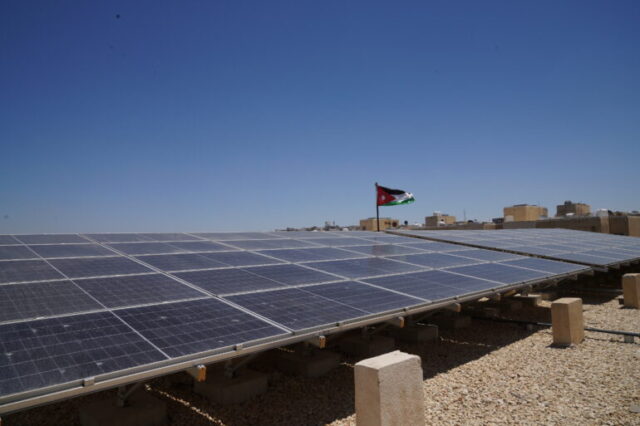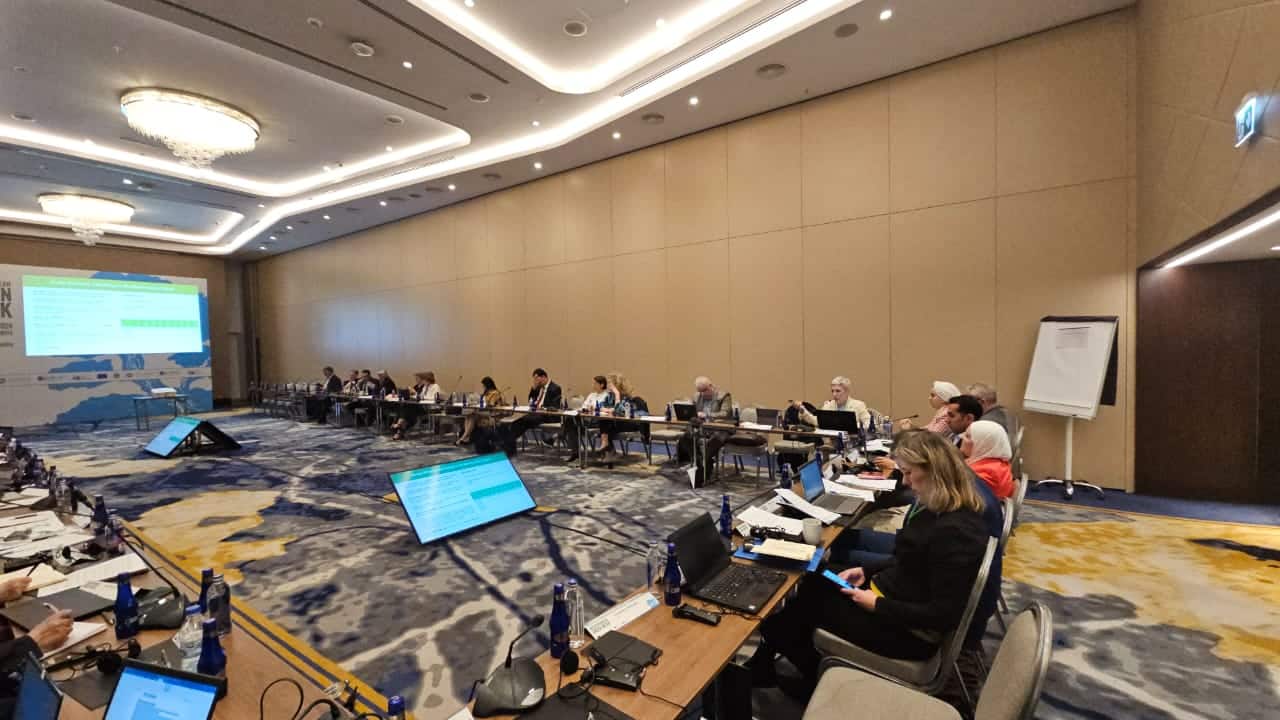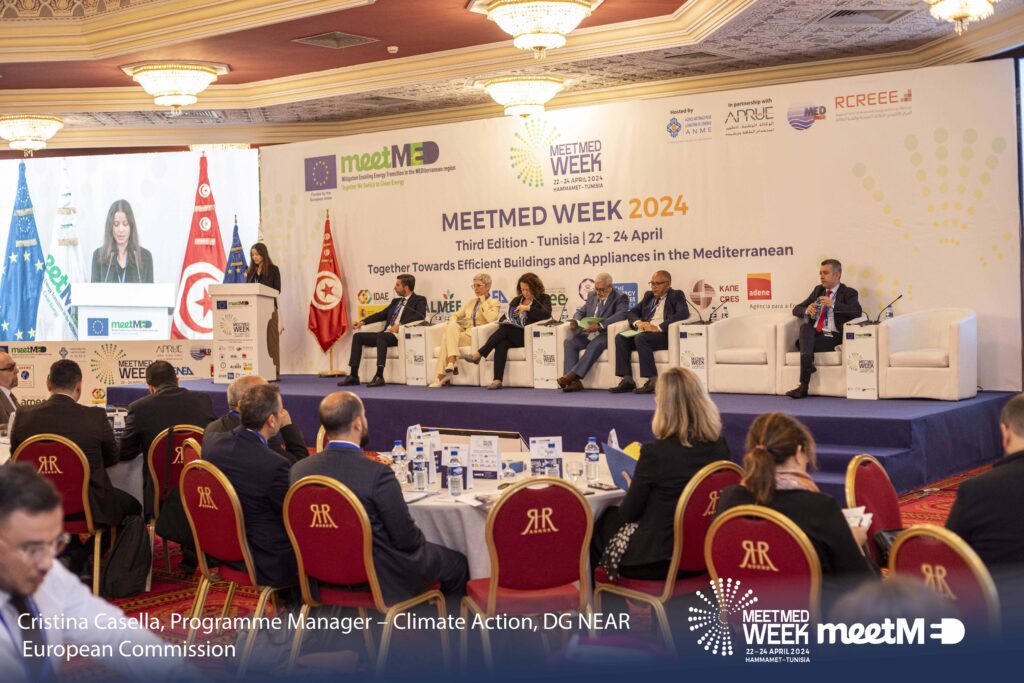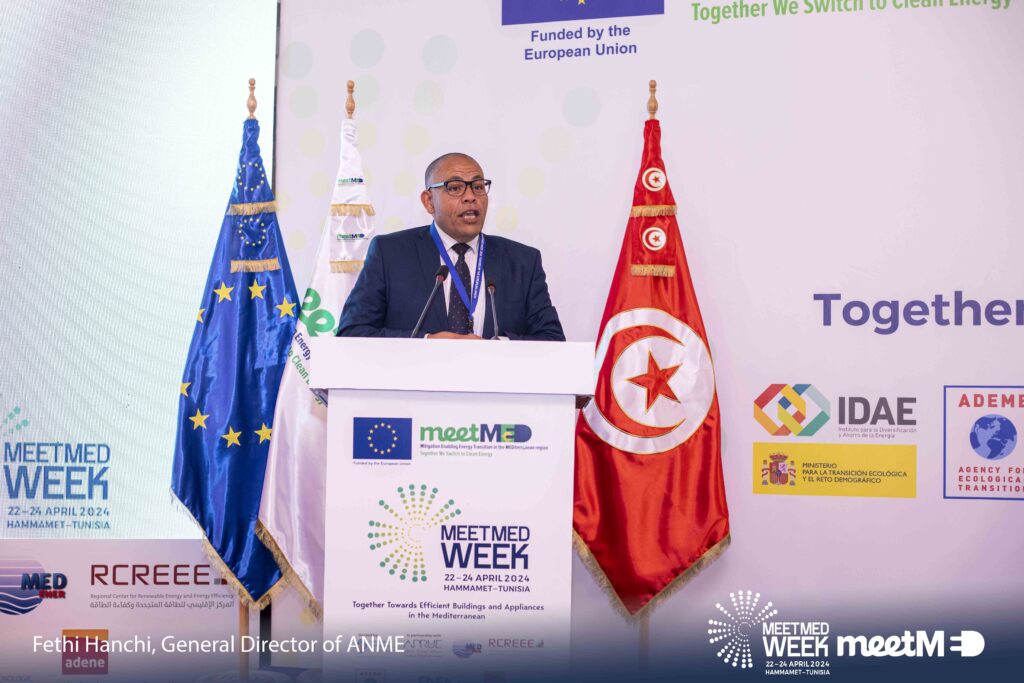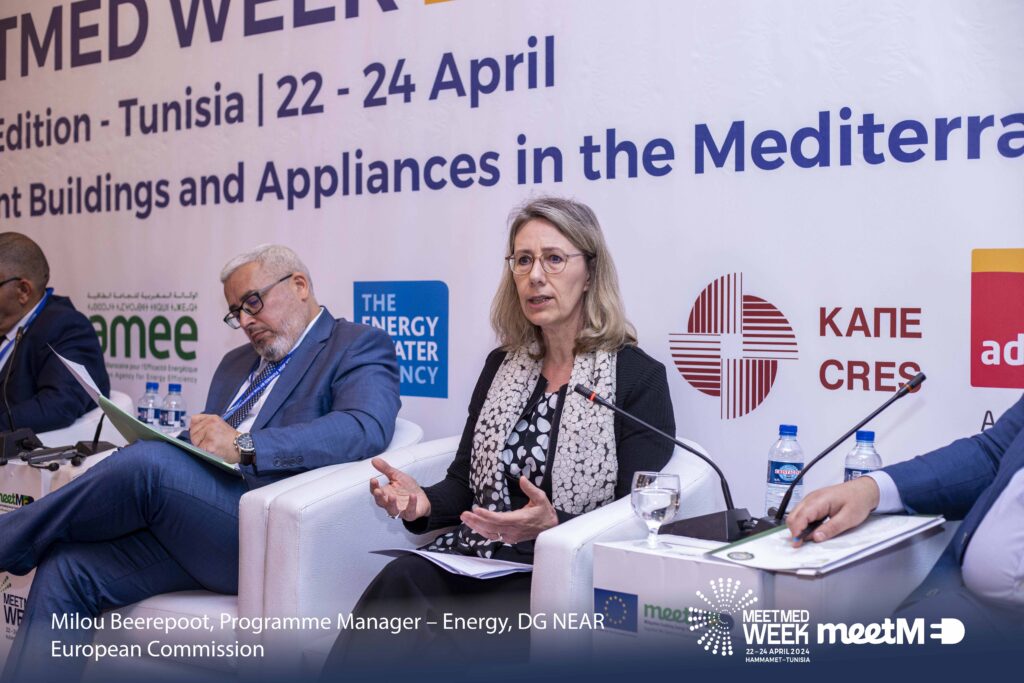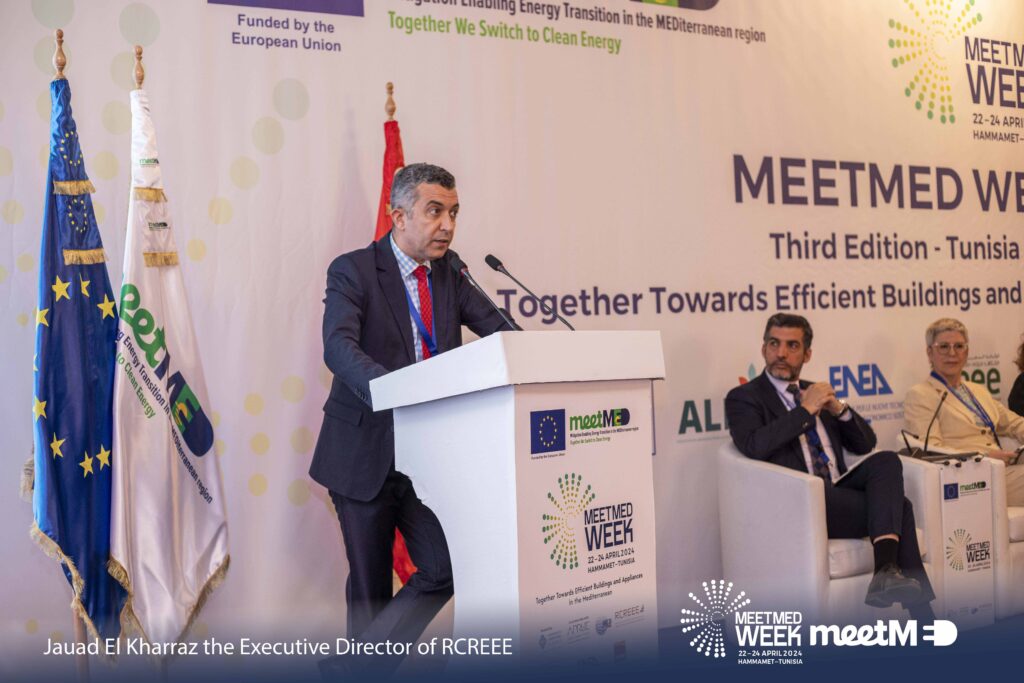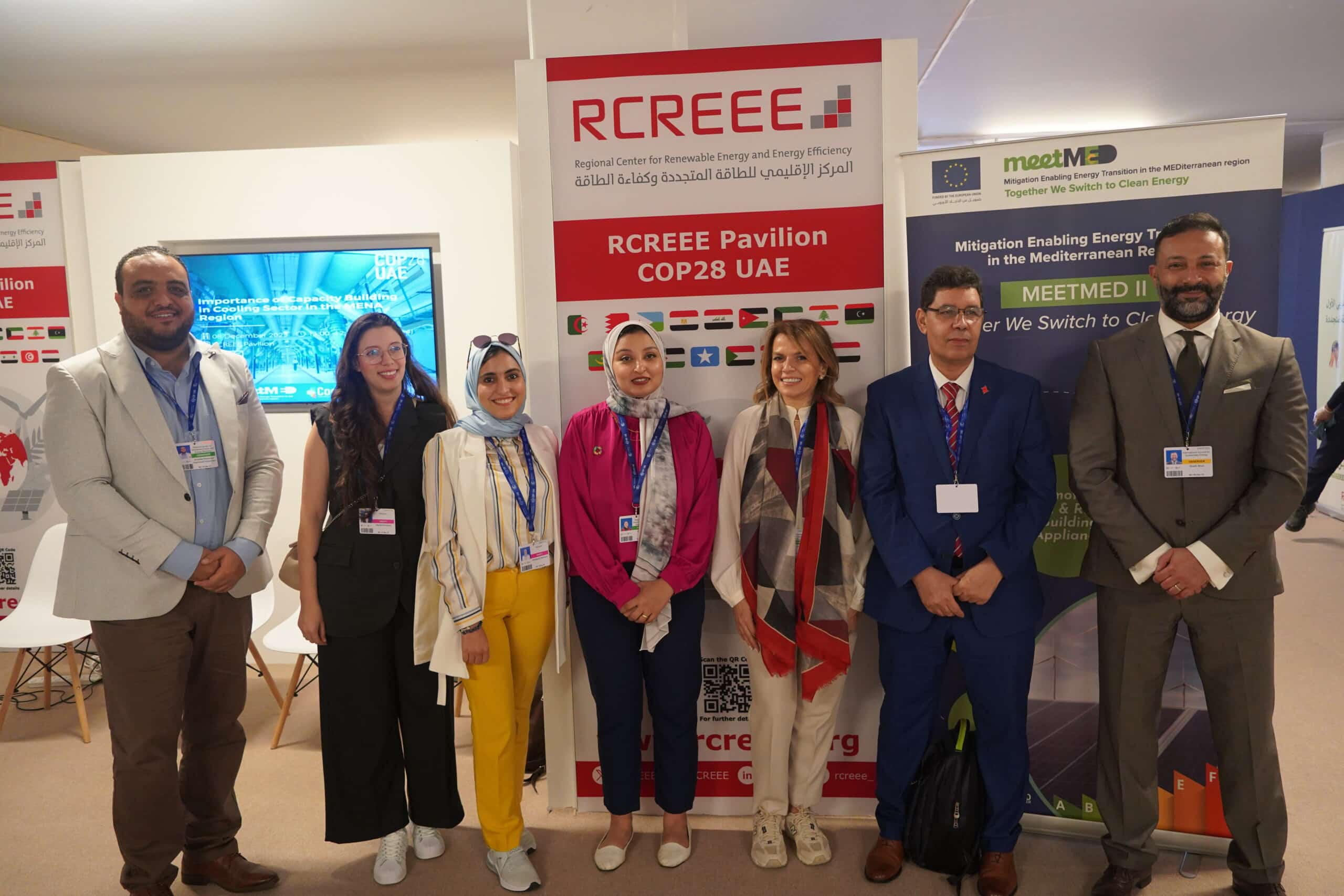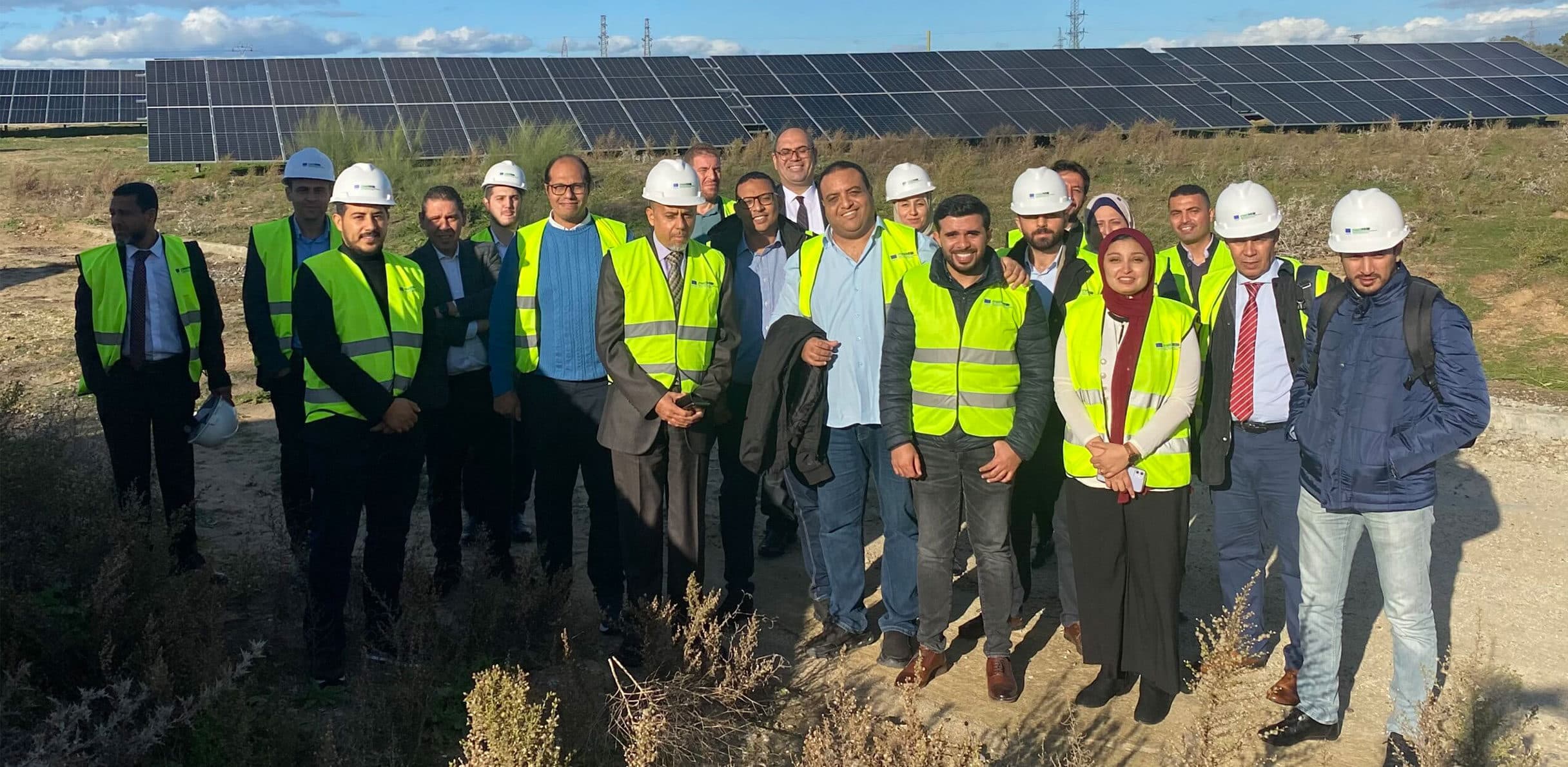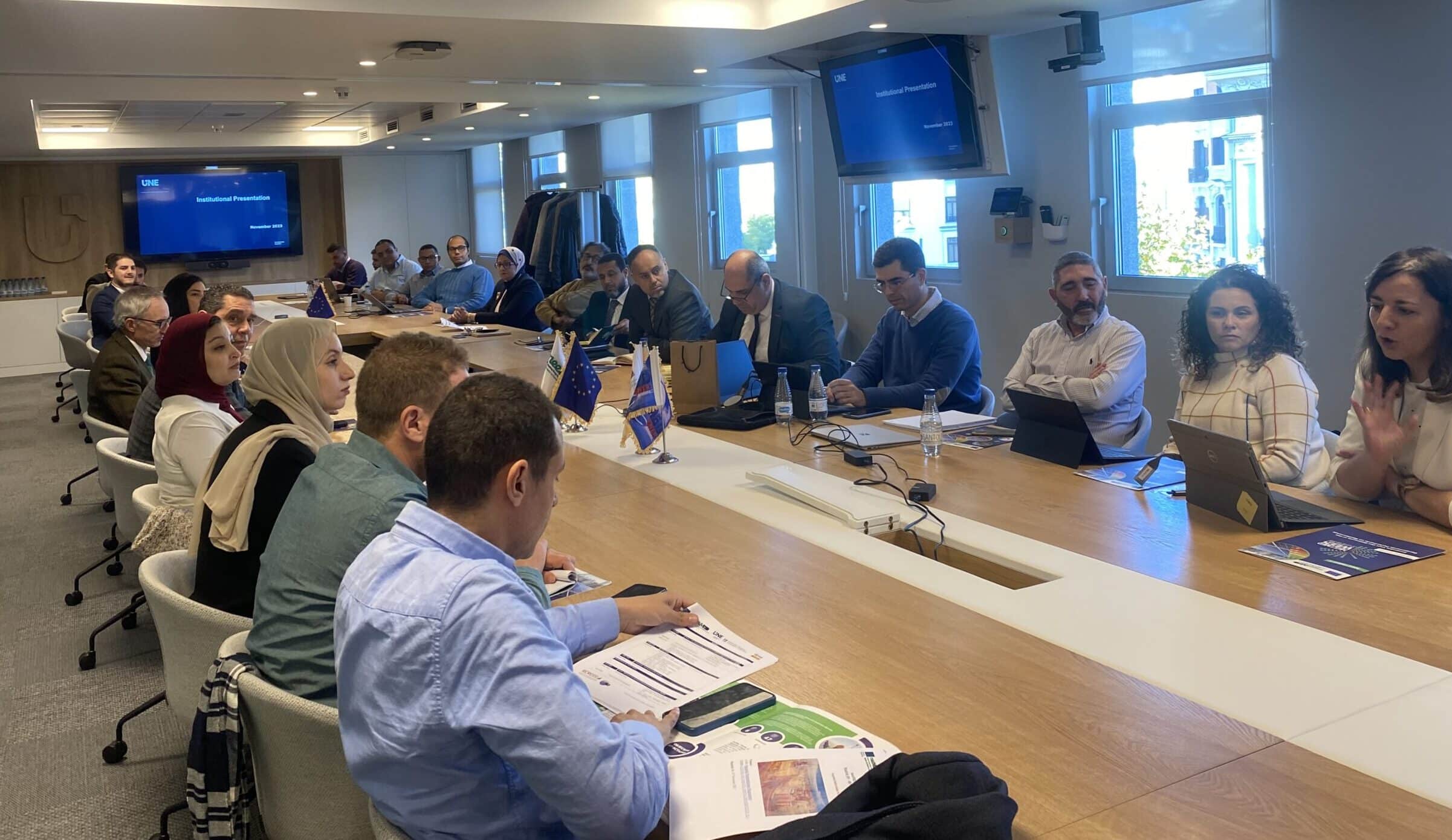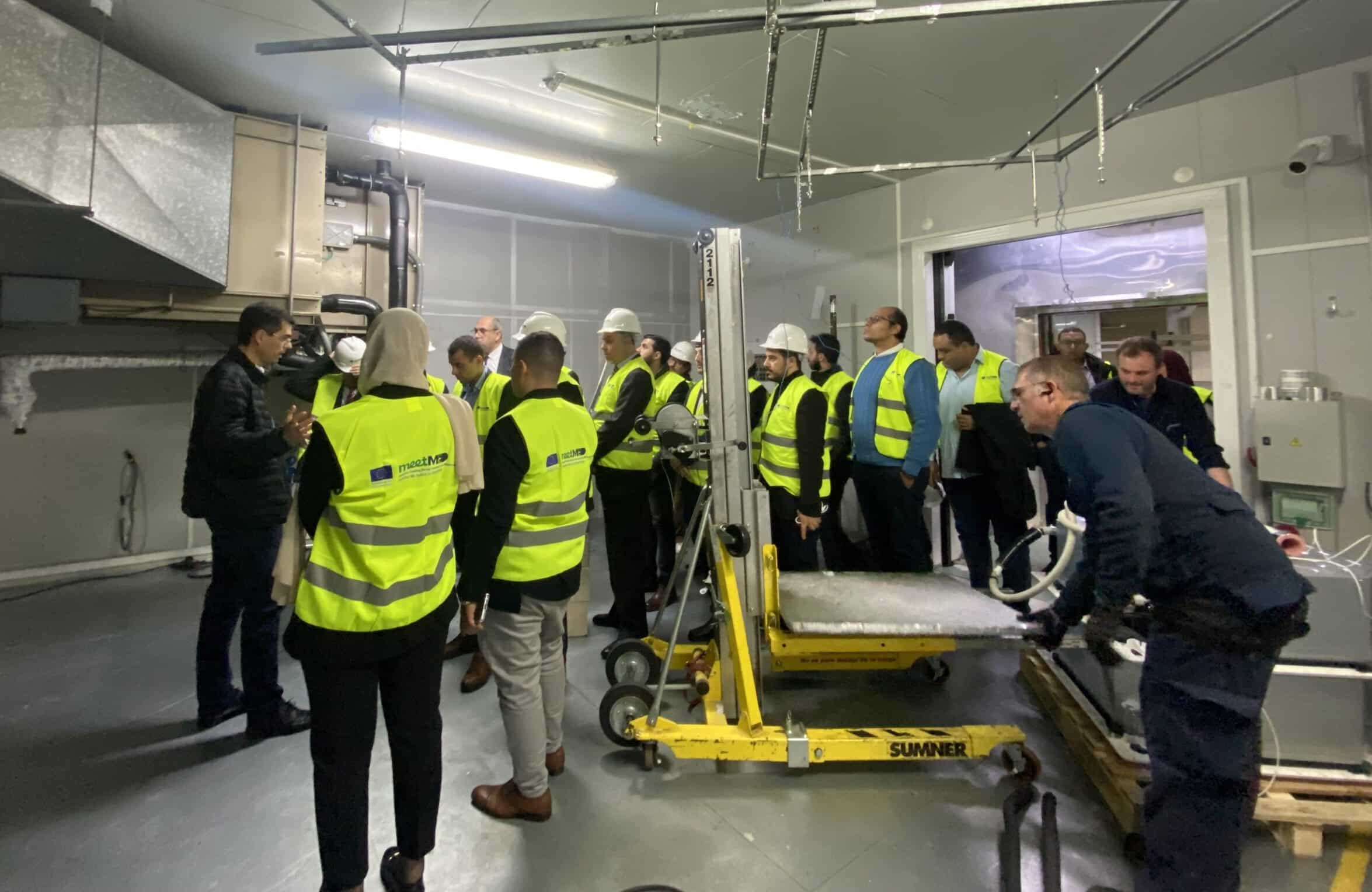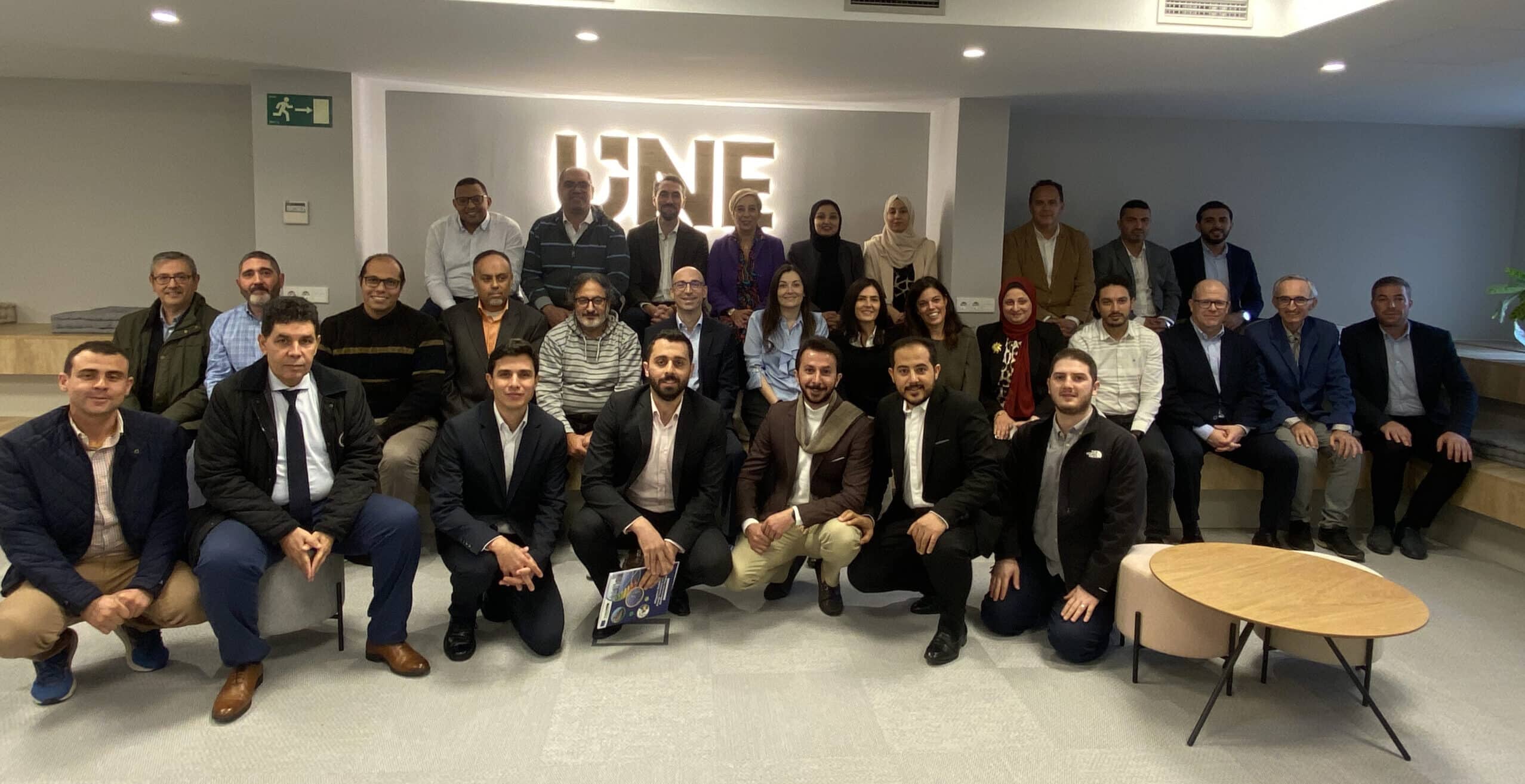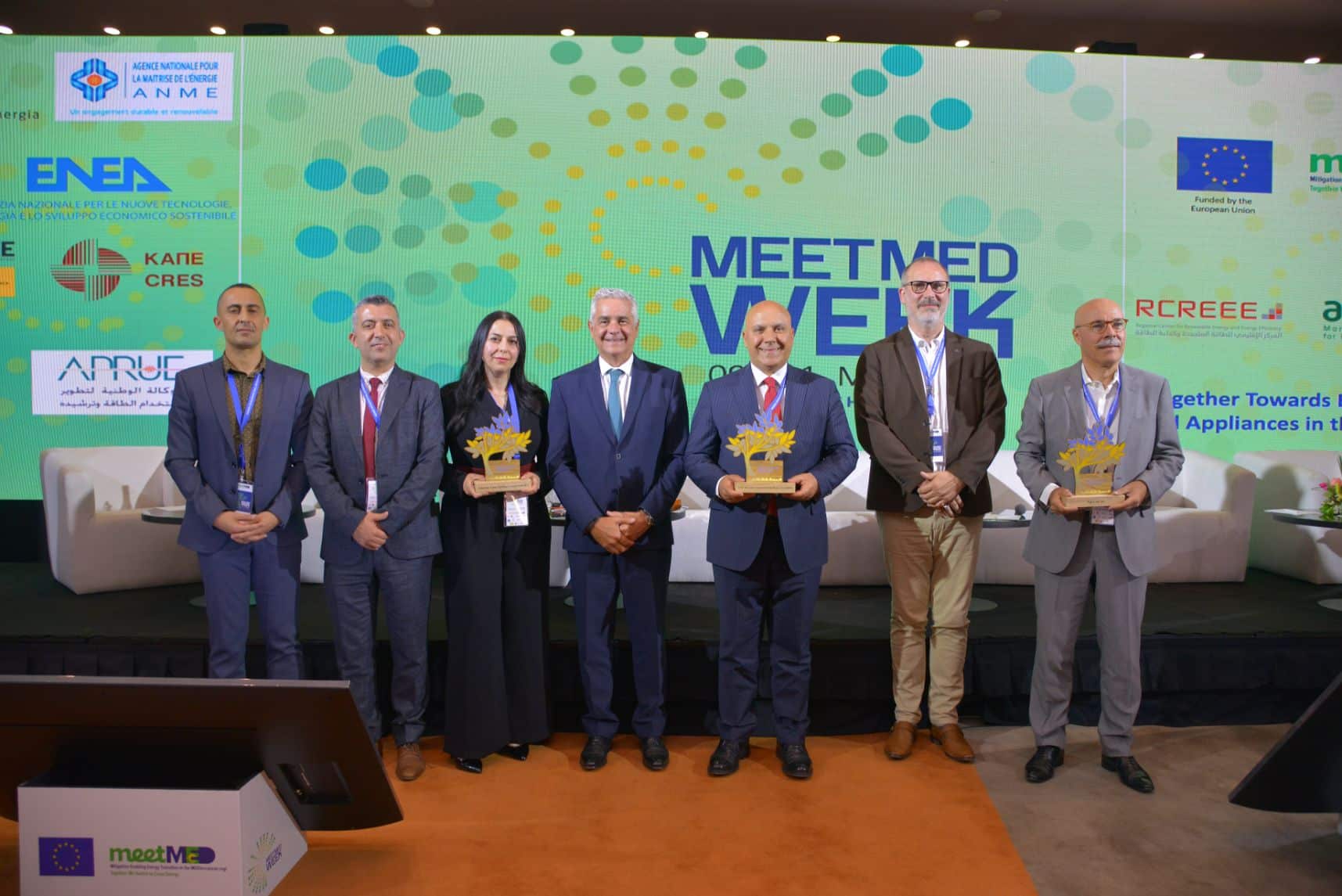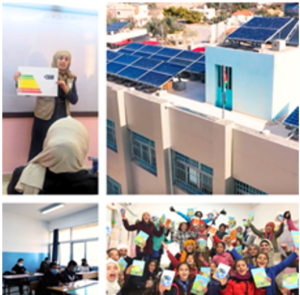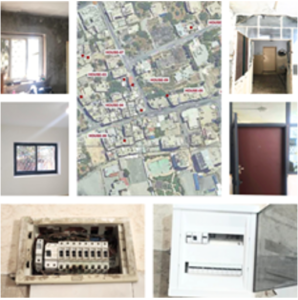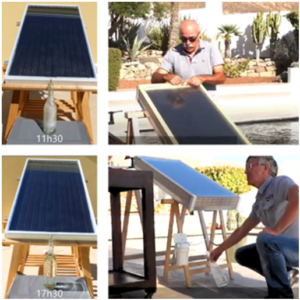Amman – 29 May 2025
The meetMED project proudly organized a dynamic “Green Day in Schools” in collaboration with the Jordanian National Energy Research Centre (NERC) of the Royal Scientific Society (RSS) in Amman. Under the theme “Think Smart – Save Water, Save Energy, Recycle E-Waste!”, the event took place at Iskan Al-Faiha’a primary mixed school. This hands-on, educational event targeted children aged 6–12, focusing on sustainability and smart resource use.
This initiative is part of the meetMED regional awareness campaign aimed at empowering children to become Eco-heroes. By promoting water and energy conservation at home and school, as well as sustainable waste management practices, we are fostering a sense of environmental responsibility among the younger generation.
The campaign materials — videos, brochures, and posters—were designed in coordination with the Portuguese Energy Agency (ADENE), the Energy and Water Agency (EWA) and the Regional Center for Renewable Energy and Energy Efficiency (RCREEE) to highlight the importance of water-energy savings and recycling electronic waste.
These materials included:
Water-Energy tips:
- Two leaflets with practical tips for children on saving water and energy at home and at school.
- Two posters promoting water and energy saving practices in both settings.
- A video with engaging tips for children on how to save water.
- Two guidelines tailored for teachers and students to support awareness and implementation of water and energy saving measures.
Recycling E-waste tips:
Additionally, the campaign installed electronic waste collection boxes in the school, serving as a sustainable reminder of the proper mechanisms for disposing of hazardous materials contained in e-waste.
Iskan Al-Faiha’a school also serves as a pilot building for meetMED project national activities in Jordan. This includes “School Energy Audits” in partnership with ENEA and the “Water-Energy Nexus Methodology” developed by ADENE. Additionally, meetMED project has implemented a pilot project at the school aimed at improving water energy efficiency.
This project features a drip irrigation system with automatic activation and an hourly timer to optimize water usage for gardening. It also includes general maintenance of the water network and the installation of water flow aerators for all taps to prevent leaks and ensure efficient water consumption. Finally, the water harvesting system has been improved by installing water collecting tanks with a total capacity of 10 m³ to collect and reuse rainwater for non-potable purposes, along with a water pump.
This event was not only educational but also a significant step in demonstrating how pilot buildings and early environmental education work together on the path toward sustainability.
For more information and media inquiries, please contact:
Ms. Asmaa Ahmed – meetMED II Communication Manager
Email: asmaa.ahmed@rcreee.org


